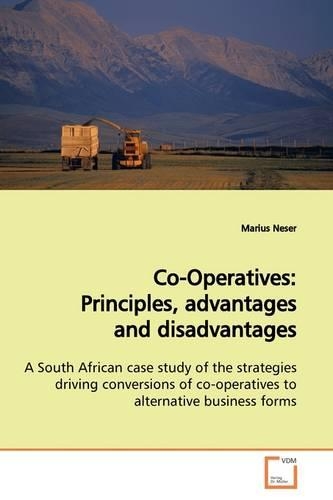
Co-Operatives: Principles, advantages and disadvantages
Series:
During the period 1994 to 2004, the South African Registrar of Co-operatives considered applications and subsequently deregistered 102 agricultural and non-agricultural South African co-operatives, which then converted to alternative business forms. The bulk of these conversions were done from 1997 onwards, with the majority of the conversions being made to public or private company status. A stud
NaN
VOLUME
English
Paperback

During the period 1994 to 2004, the South African Registrar of Co-operatives considered applications and subsequently deregistered 102 agricultural and non-agricultural South African co-operatives, which then converted to alternative business forms. The bulk of these conversions were done from 1997 onwards, with the majority of the conversions being made to public or private company status. A study was undertaken to establish the strategies driving these conversions and how successful they were. With a changing legislative environment the findings may provide a scientific basis to assist the current co- operative concidering a conversion, to base its decision upon. Key findings were the ability to grow - or capital forming - as well as concerns of voting rights in an organisation where patronage is key to the shareholders' influence in business policy and principles.
Price Comparison [India]
In This Series
Bestseller Manga
Trending NEWS




















